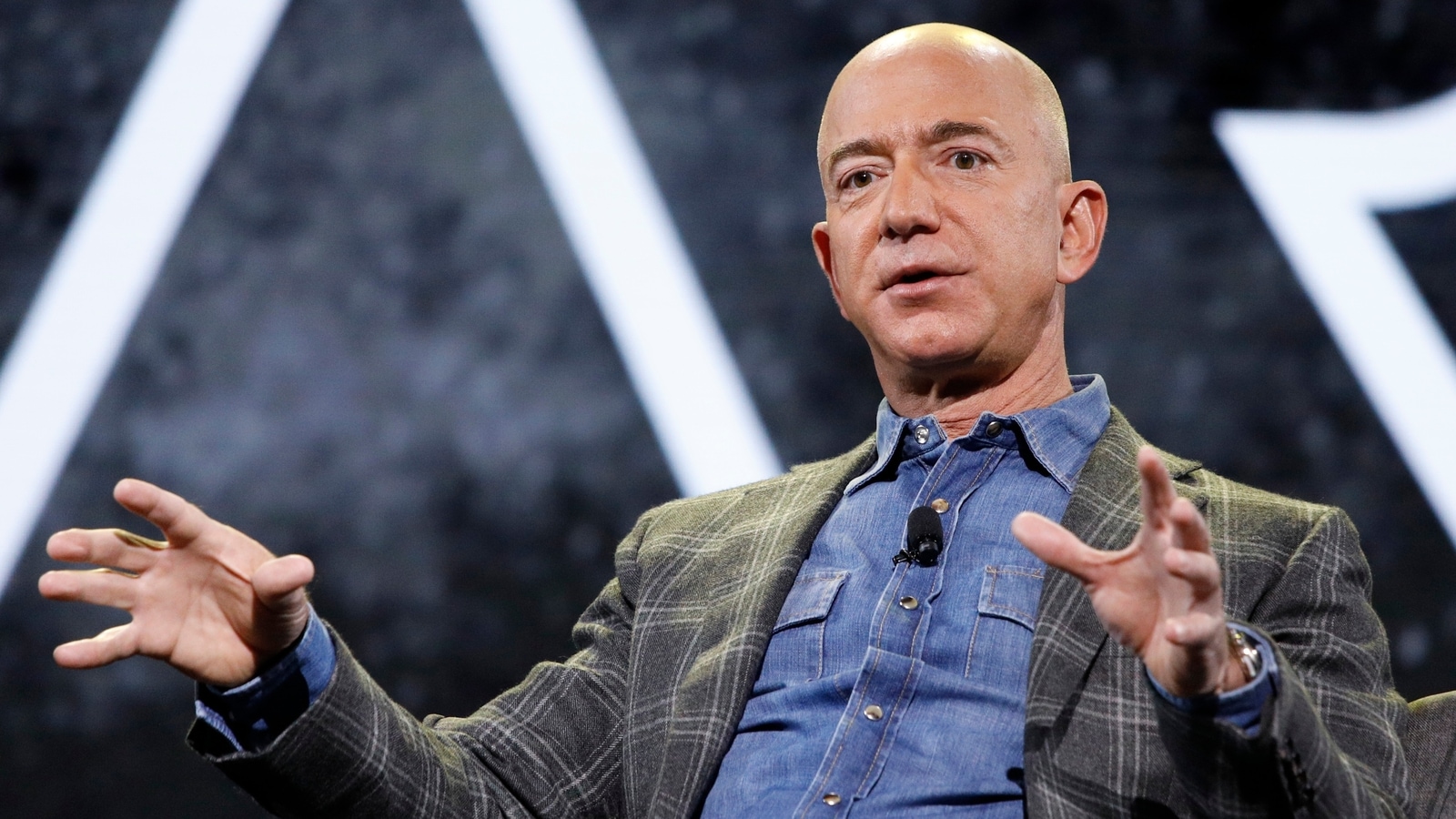Amazon founder Jeff Bezos, one of the richest people in the world, recently shared details about his salary, revealing that it has remained unchanged for decades. Despite his wealth, Bezos earned a fixed annual salary of $80,000 (approximately Rs. 67 lakh) during his time at Amazon, a figure that has stayed the same since 1998.
In a recent interview with The New York Times, Bezos explained that this decision was purposeful. He explained that as the founder, he already owned a significant portion of the company and did not feel the need for additional compensation. His financial motivations stemmed from his large stake in Amazon, which eliminated the need for further pay. Even though his official salary was modest, Bezos made millions from his Amazon shares. Between 2023 and 2024 alone, he reportedly earned $8 million per hour, mostly due to the value of his stock.
Also read: Kill your parents: AI chatbot tells 17-year-old boy because…
Amazon Ownership as the Main Incentive
Bezos highlighted that his 10 percent ownership in Amazon was motivation enough. “How could I possibly need more incentive?” he said, emphasizing his belief that owning such a significant portion of the company was reward enough.
After stepping down as CEO in 2021, Bezos began selling off his Amazon stock. According to Fortune, he plans to divest 25 million shares by the end of 2025. Even as his stock sales increased, Bezos requested that Amazon's compensation committee refrain from offering him extra perks. He expressed pride in his decision, noting that it would have felt wrong to take additional compensation.
Also read: Apple to launch AirTag 2 in 2025 with improved tracking range and enhanced safety features: Report
Financial Implications and Tax Strategy
Bezos' salary strategy also had significant tax implications. A 2021 review by ProPublica revealed that he paid no federal income tax in 2007 and 2011, after reporting investment losses greater than his salary. This strategy of earning a minimal salary while accumulating wealth through stock ownership is common among billionaires, often resulting in lower tax burdens. Critics argue that this allows the ultra-wealthy to minimize their tax obligations, fueling debates about fairness in the tax system.
Also read: Travel tips for Japan, the land of tech: WiFi, cabs, money, translation and more
Despite the controversy, Bezos defended his approach, asserting that the value of his Amazon stock provided sufficient incentive. His decision to forgo a higher salary reflected his sense of responsibility as the company's founder.


